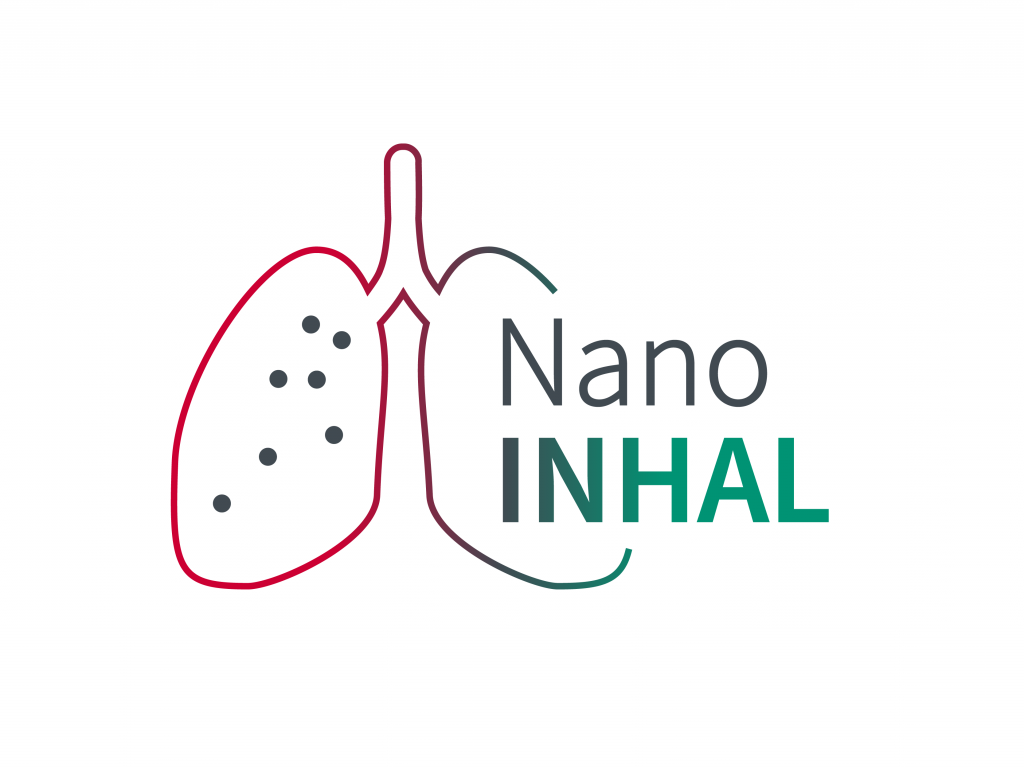
NanoINHAL – In-vitro test methods for airborne nanomaterials to investigate toxic potential and uptake after inhalation exposure using innovative organ-on-a-chip technology
Project report:
In this collaborative project, an innovative device-based method was developed to screen airborne (nano)materials for their toxic effects. For this purpose, an exposure unit was established to expose human alveolar lung models at the air-liquid interface to the materials. In parallel, an integrated microfluidic two-organ chip was developed that combines the human alveolar lung model with a human liver model and ensures long-term co-culture by continuous medium perfusion of the organ models. The functionality was demonstrated using biological parameters for the lung and liver. By combining the device and the two-organ chips, the prototype of an animal-free, compact NanoCube system for the assessment of human exposure to inhaled nanomaterials in the working environment was developed. The severe delays in the project schedule caused by the Corona pandemic were almost completely made up by a cost-neutral 9-month project extension. However, the final feasibility study could not be completed within this timeframe. The partners are currently searching for a suitable funding of this final step.
Grant Number: 03XP0226
Duration: 01.06.2019 - 31.05.2022 (extended to 31.03.2023)
Project Lead

https://www.tu.berlin/en/medbt
Project Partners

https://www.item.fraunhofer.de/en.html
https://www.scai.fraunhofer.de/en.html
 >
>